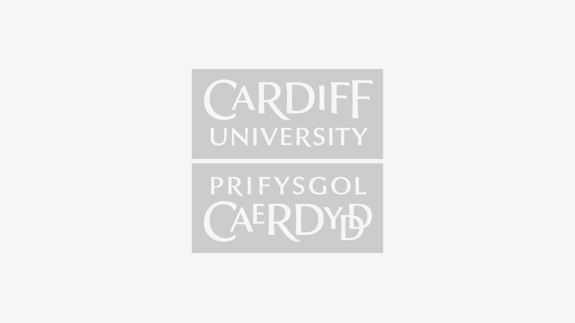The international Ariel Data Challenge team has launched an enhanced version of last year's groundbreaking competition, continuing its quest to revolutionise how researchers analyse observations of planets beyond our solar system.
The Ariel Data Challenge 2025 addresses one of astronomy's most pressing technical hurdles: extracting extremely faint planetary signals from the complex noise patterns inherent in space telescope observations.
Scientists are preparing for the European Space Agency's Ariel satellite, which is designed to study exoplanet atmospheres, and seek to have the best possible methods ready to analyse Ariel's observations.
This year's challenge features significantly more realistic instrument simulations and explores a wider range of potential atmospheric signatures that they might encounter. The competition continues its partnership with Kaggle, the world's largest data science platform, to engage the global community of researchers and AI specialists.

Dr Lorenzo Mugnai and Dr Andreas Papageorgiou from Cardiff University's School of Physics and Astronomy have prepared the data set that will be provided to the AI community to analyse.
Dr Mugnai said: "Last year, the competing teams developed ingenious solutions that allowed us to view our data from fresh and unexpected perspectives.
"This year, we are taking things a step further, presenting a challenge that is even more grounded in reality, and the solutions that get could potentially be applied directly for Ariel data analysis."
Dr Papageorgiou added: "ADC24 was a huge success, with over 1,400 entries from 75 countries presenting diverse approaches and innovative solutions for extracting signals from our data.
"I'm genuinely excited to see what the community will bring to the table this year."
The competition maintains the same collaborative framework that made the 2024 edition so successful, with London Centre for Space Exochemistry Data, a KCL-UCL joint initiative, leading an international consortium of academic partners.
As well as Cardiff University, other participating institutes include Centre National d'Études Spatiales, Sapienza Università di Roma, and Institut d'Astrophysique de Paris.
The initiative continues to receive support from Kaggle's Competitions Research Program, and substantial backing from major space organisations, including the UK Space Agency, European Space Agency, STFC RAL Space, and STFC DiRAC HPC Facility.






